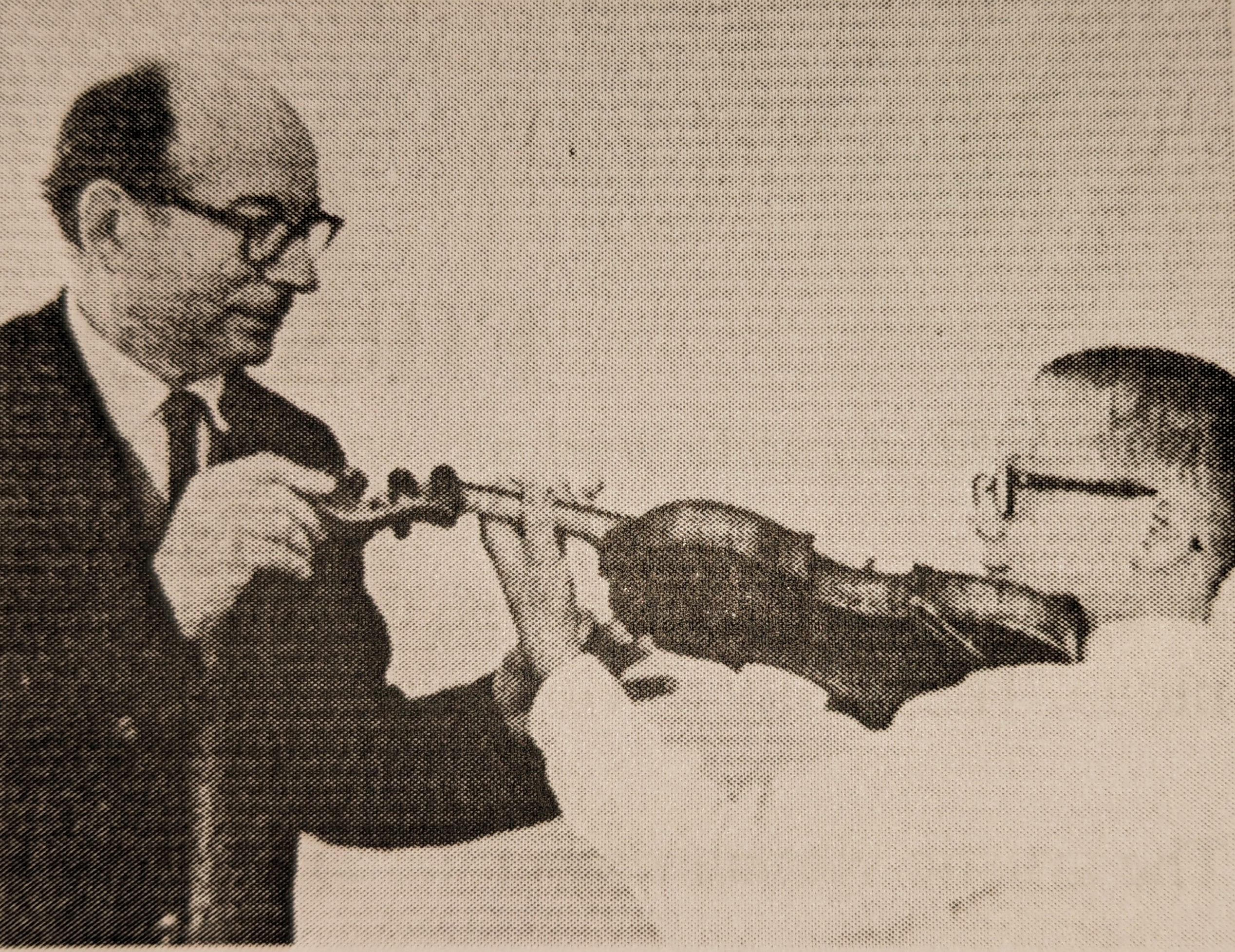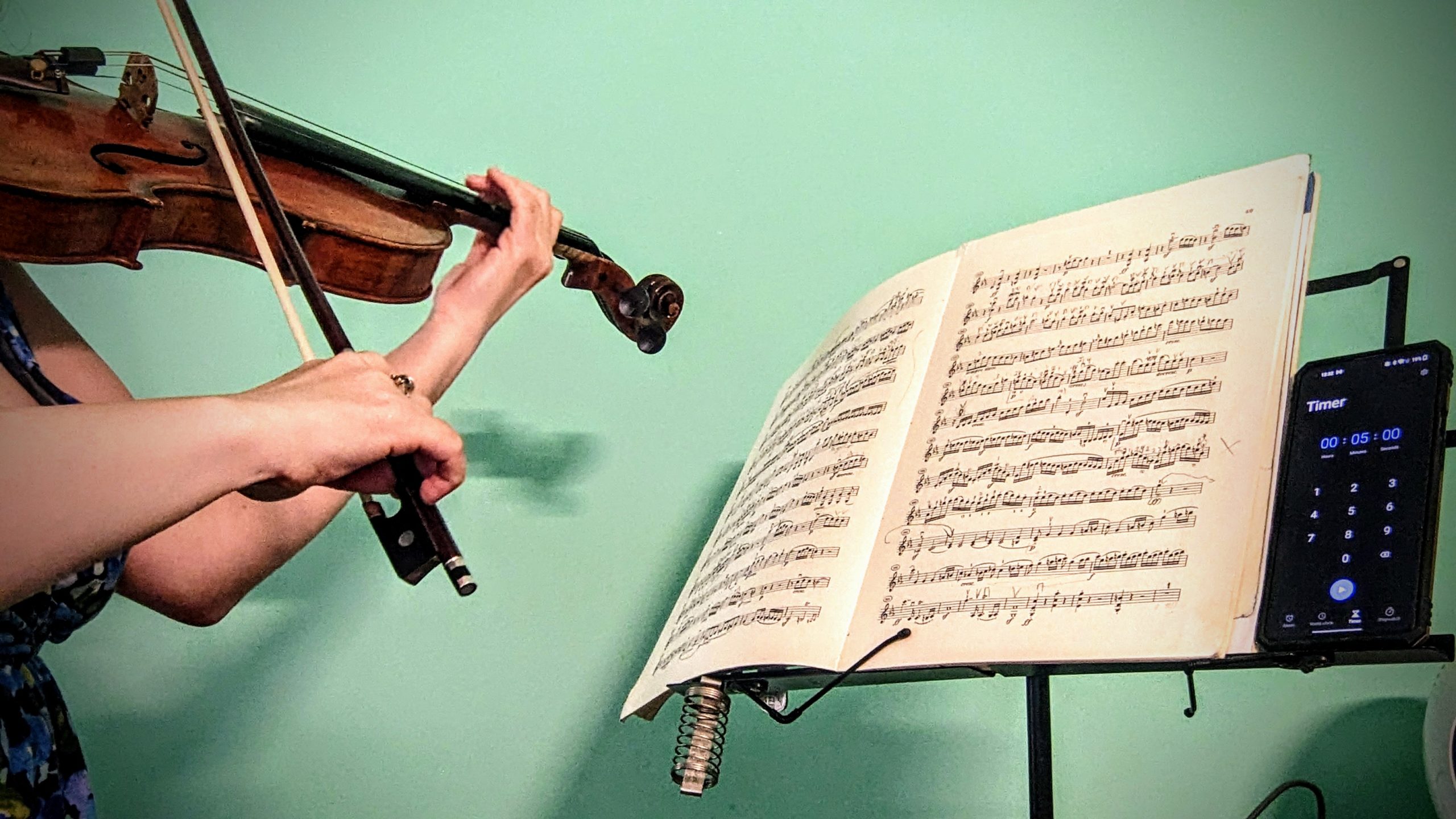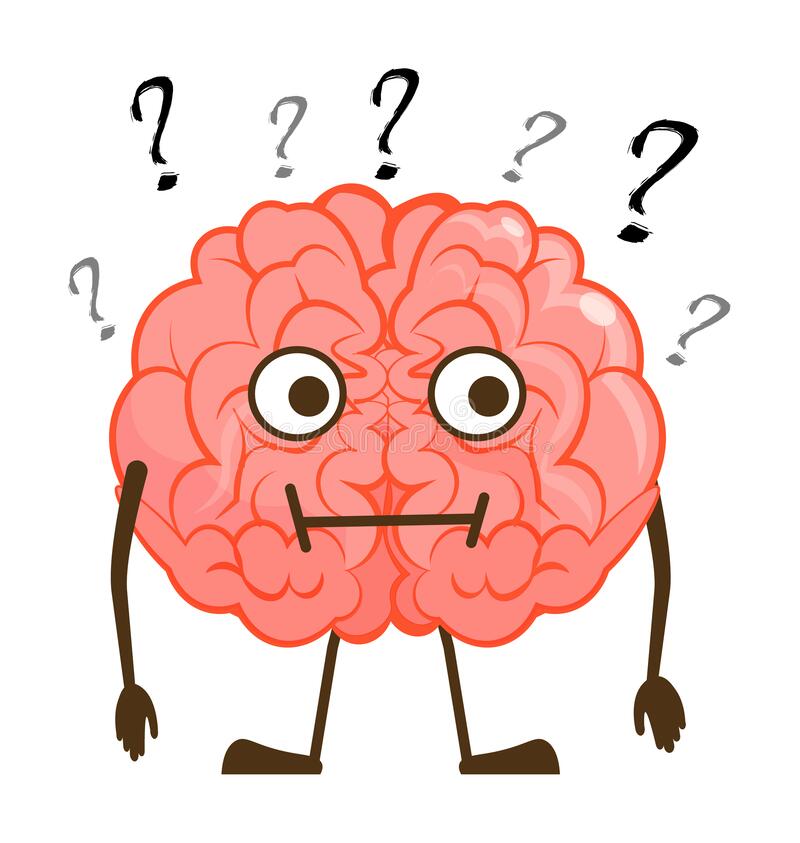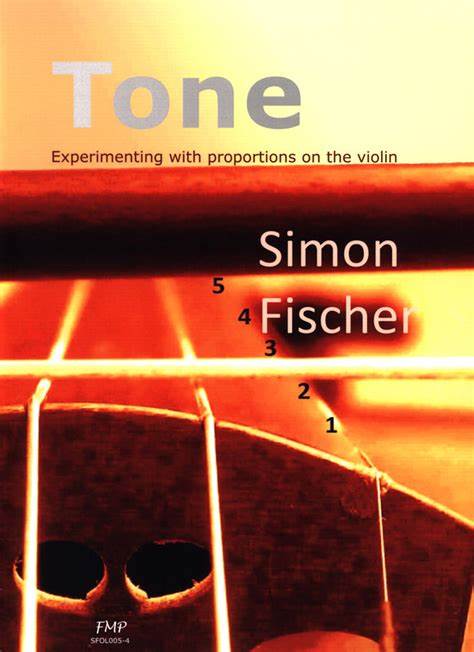During the last third of July, I performed in the MostArts Festival Orchestra, along with some chamber music in the small village of Alfred, NY. We had many musicians from regional orchestras around the state, but some came from overseas, including Hawaii and Sao Paulo, Brazil. Considering the limited rehearsal time to prepare for 5+ performances in the course of a week, I was very pleased with the teamwork, comradery, overall quality, and respect for one another. It was great to see old colleagues and meet many new ones.
For me, the most challenging part of the festival was its annual Youth Pianist Competition. Part of the final round of the competition involves the candidates to perform a Mozart piano concerto with the festival orchestra. We played two all-Mozart programs on consecutive nights, along with dress rehearsals with the soloists just a few hours before each concert. Out of all the repertoire we played, Mozart proved to be physically the most challenging, even though it’s not as “technically demanding” by comparison. In addition to the concerti, we also played a couple of Mozart’s famous overtures and the famous serenade Eine Kleine Nachtmusik.
The Challenge of Mozart in Orchestra
Anyone who has played any Mozart in a chamber orchestra knows the challenge of creating an elegant ensemble blend, expression, balanced dynamics within the string section, and full commitment to staying engaged from beginning to the very end. Everything is exposed. Here are 17 tips on playing Mozart well in a string section. Continue reading “17 Tips for Playing Mozart in Orchestra” →









